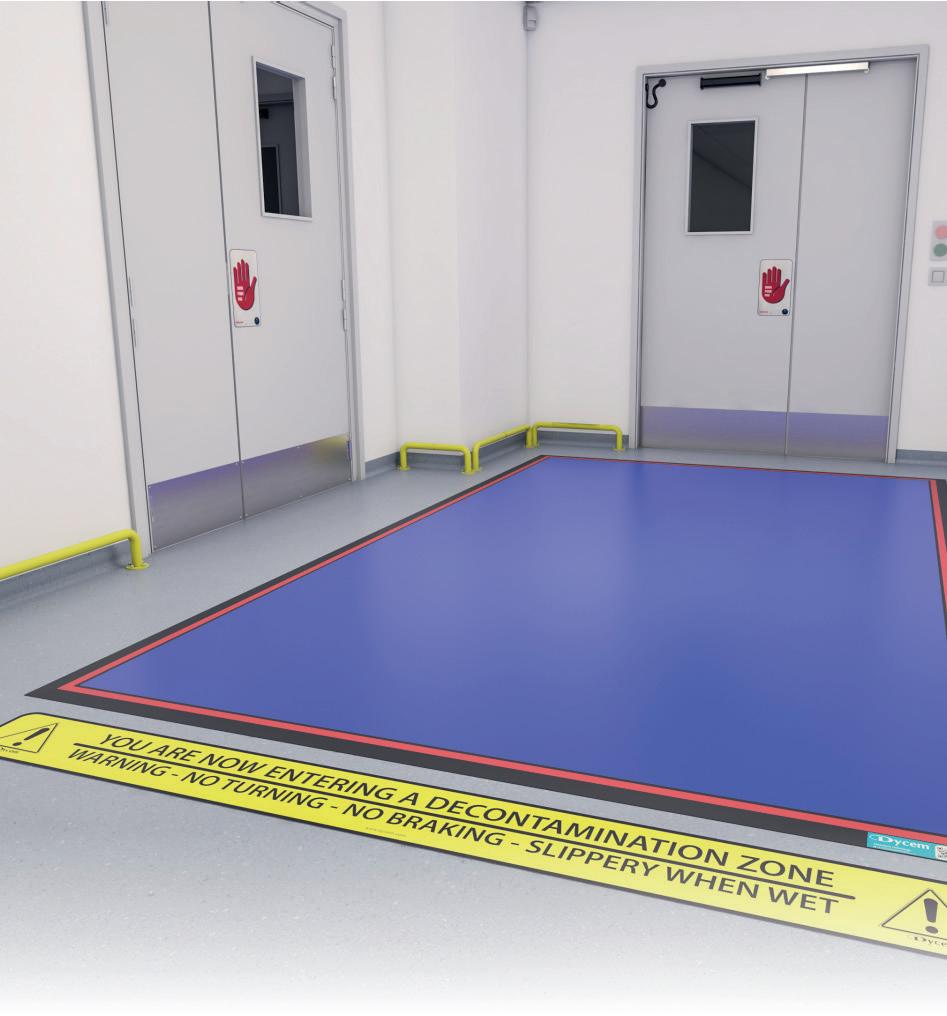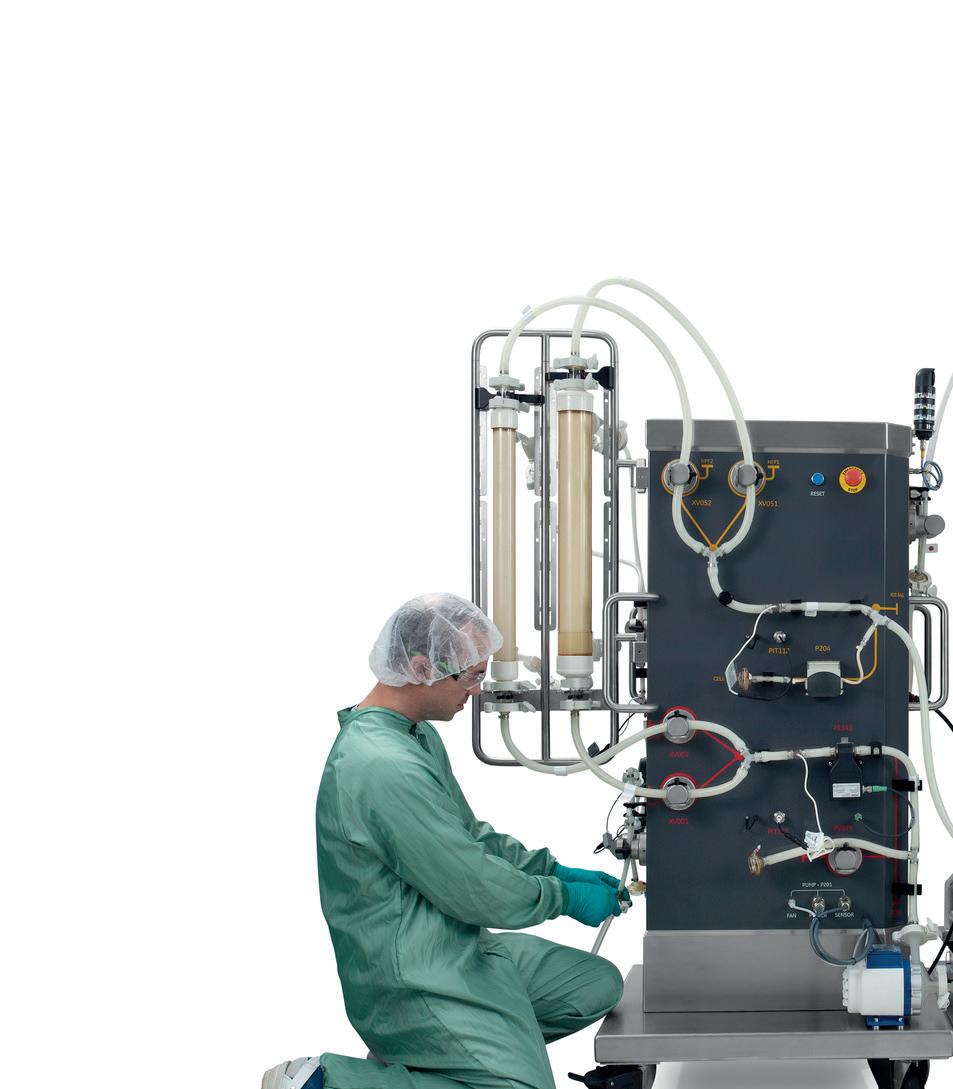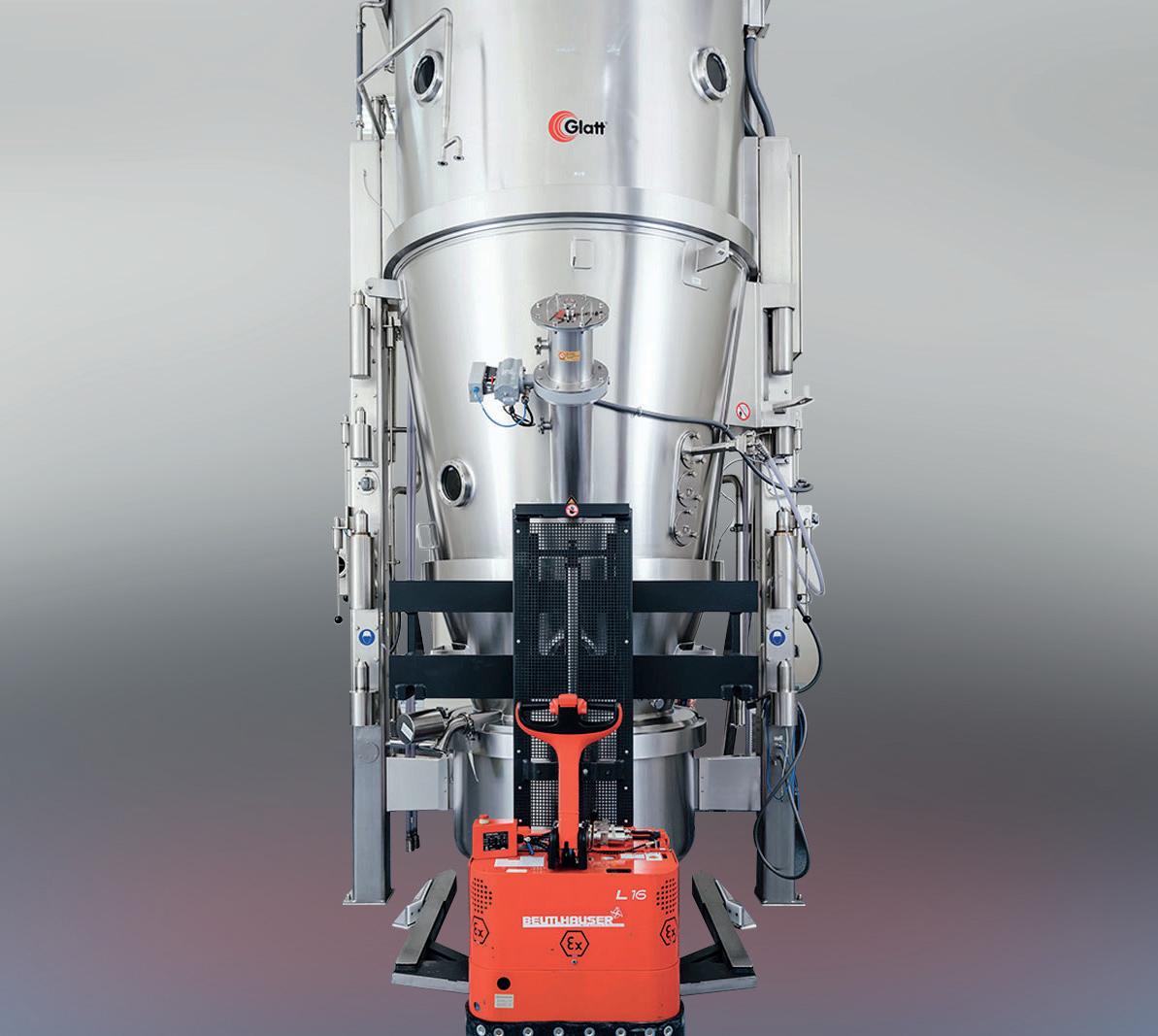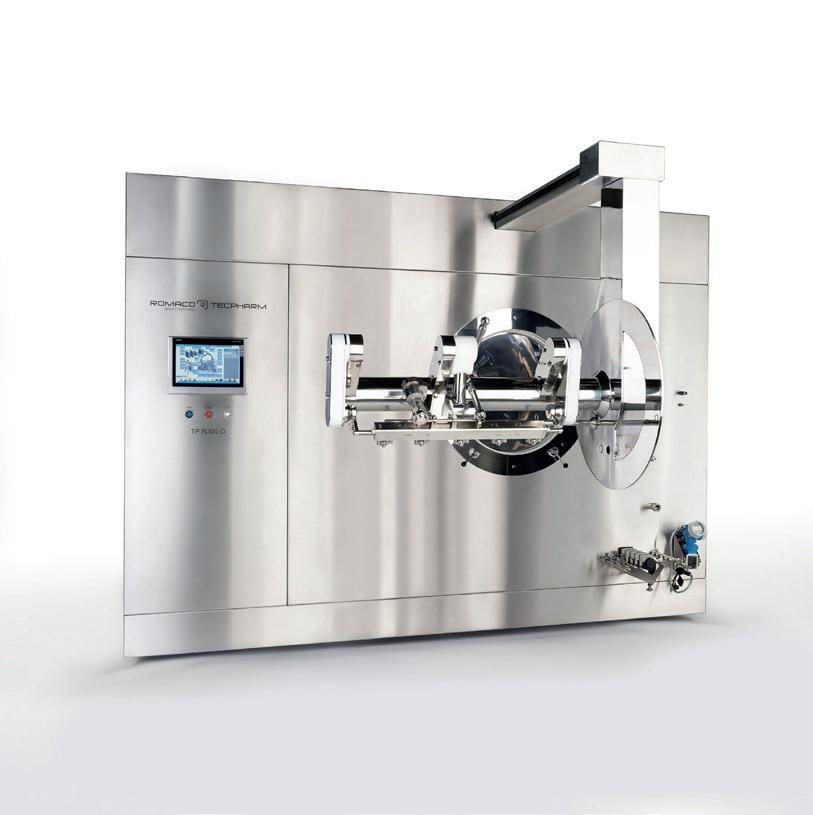
2 minute read
THE IMPORTANCE OF TECHNOLOGICAL INNOVATION IN PHARMACEUTICAL MANUFACTURING
from EPM July/August 23
by EPM Magazine
In the ever-evolving landscape of pharmaceutical manufacturing, technological innovation has become paramount for enabling compliance, ensuring product safety, and facilitating supply chain transparency. With rising global demand for advanced therapies, industry leaders are recognising the vital role of cloud technology in the development, manufacture, and distribution of pharmaceuticals. The Healthcare Information and Management Systems Society reports that 83% of pharmaceutical companies are leveraging cloud services, and Gartner reveals that 49% of life sciences CIOs plan to invest in cloud platforms this year.
Balancing innovation with human health, compliance, and supply chain agility is crucial. The swift, accurate provision of pharmaceutical products is vital, and there is no margin for error or inaccuracy.
The rise of counterfeit pharmaceutical goods being traded using e-commerce platforms is a pressing issue. These products pose significant risks to consumers. Therefore, pharmaceutical manufacturers must reassess their digital transformation initiatives. Cloud-based labelling and serialisation technologies offer a solution, providing end-to-end traceability of drugs. In essence, the label acts as a product’s passport throughout its entire cycle - both upstream and downstream. In many instances, without proper and accurate labelling, human health is put at risk, production lines stop, productivity is impacted, and business is lost. Mislabelling can also cause items to be rerouted and ultimately can result in product recalls and fines.
SAFEGUARDING THE PHARMACEUTICAL SUPPLY CHAIN
Counterfeit medication has become a global concern, despite the tightening of regulations. Fortune Business Insight reports that the anti-counterfeit market is expected to grow by 45% from 2018 to 2026. Pharmaceutical companies are recognising the need for robust brand protection and are turning to cloud-based radiofrequency identification (RFID) serialisation. This stringent approach to drug authentication assigns a unique serial number to each product unit, containing information about the product’s origin, batch number, and expiry date.
By printing this code on the packaging, a product can be tracked and traced throughout the supply chain, offering greater accuracy and traceability. The RFID reader device compares the information on each tag to a central database, thereby authenticating and verifying each drug package.
Cloud-based RFID technology offers an efficient approach to identify and eliminate counterfeit products within the pharmaceutical supply chain. The increased visibility facilitates prompt detection of counterfeit attempts and identification of tampered packages.
Ensuring Compliance
Furthermore, serialisation technology can help pharmaceutical manufacturers achieve regulatory compliance. Cloud-based platforms securely store and access data, facilitating regulatory audits and demonstrating adherence to stringent compliance standards.
Regulatory bodies such as FDA, EMA, and WHO require certain documentation – serialisation technology allows them controlled access to the data in their jurisdictions. The secure cloud-based environment in which this RFID data is stored ensures only authorised individuals or devices can access this information, meaning pharmaceutical manufacturers can rely on the cloud’s secure infrastructure to protect their critical data assets while also meeting the requirements of key regulations.
Minimising Logistical Disruptions
Cloud-based RFID technology helps prevent logistical disruptions within pharmaceutical supply chains. RFID tags on drug packaging enable real-time tracking and monitoring at every stage of the supply chain. The collected data, transmitted to a cloudbased platform, provides comprehensive visibility of the supply chain processes. This visibility enables early detection of potential bottlenecks, and proactive measures can be taken to mitigate disruptions, ensuring a smooth flow of products.
Pharmaceutical companies can promptly address issues such as inventory shortages, transportation delays, or storage discrepancies, minimising the risk of disruptions. Cloud-based RFID technology empowers companies to proactively manage their supply chains, optimising logistics and maintaining efficient flow. Pharmaceutical manufacturers must be at the forefront of technological innovation. Adopting cloud-based labelling and serialisation technology safeguards operations and future-proofs businesses, aligning them with regulatory requirements and ensuring sustainability in the evolving landscape.










